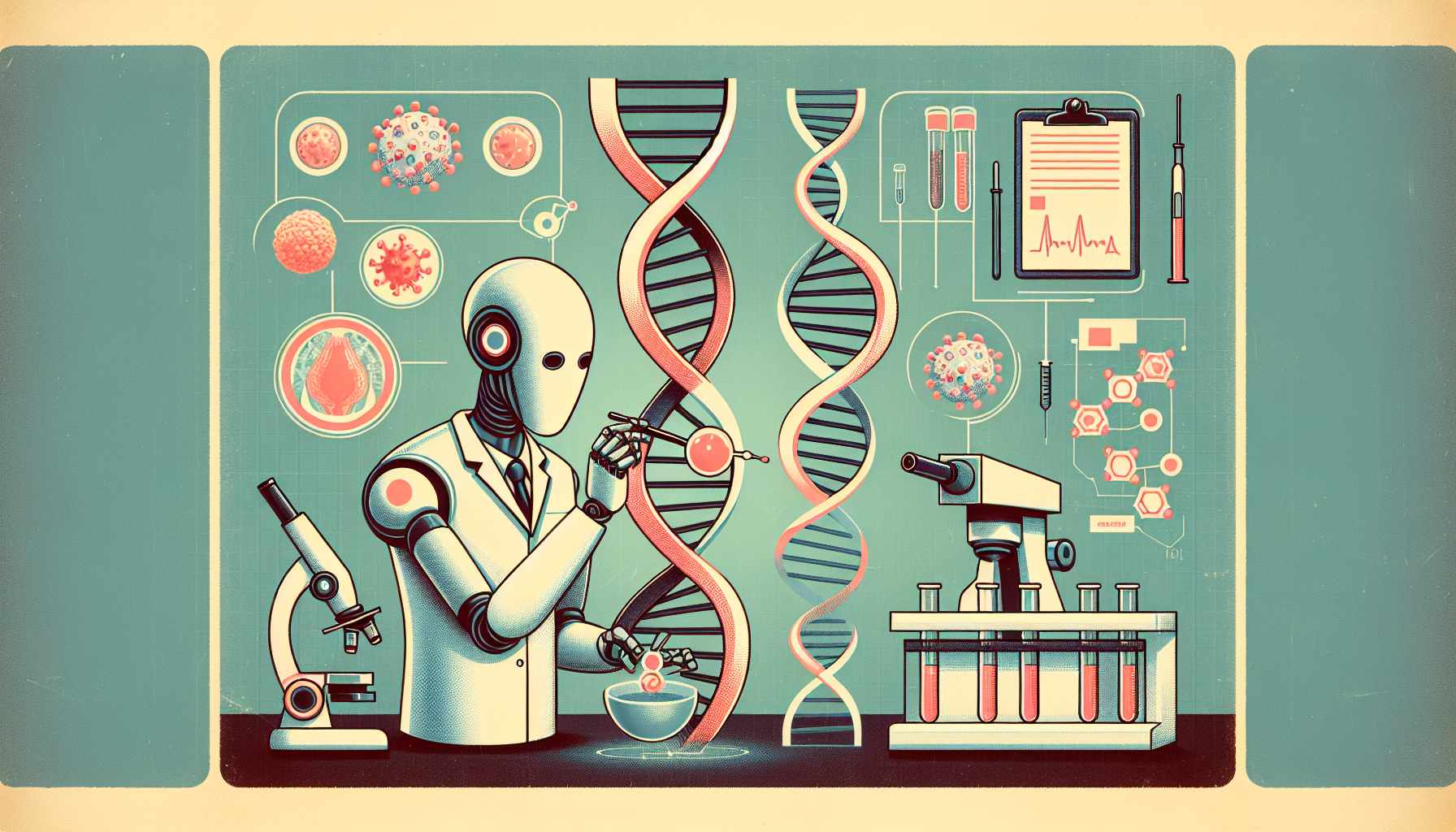The use of artificial intelligence in cancer treatment is changing the way patients are cared for, making treatments more precise and tailored to individual needs. This cutting-edge approach employs AI technology to craft treatment plans that are uniquely designed for each patient, vastly improving the effectiveness and results of cancer therapies.
Adaptive Treatment Schedules
One groundbreaking initiative is from the Moffitt Cancer Center, where researchers use deep reinforcement learning to create flexible treatment plans for prostate cancer that has spread. This AI-driven method continuously adjusts treatments to tackle cancer cells that resist traditional therapies. By mixing evolutionary concepts with mathematical models, the AI crafts personalized treatment schedules. Remarkably, this could extend the time patients remain free of disease by twice as long compared to usual treatments.
Predicting Survival Outcomes
AI is also transforming how we predict survival outcomes for various cancers. At UCLA Health’s Jonsson Comprehensive Cancer Center, a new AI model examines genetic expressions in tumors. This tool can sort patients into groups with different survival chances, performing better than traditional markers like cancer stage. The model spots crucial genes that impact survival, opening up the possibility for therapies that target these genetic factors.
Integrating Multimodal Data
Researchers at the University of Duisburg-Essen, LMU Munich, and the Berlin Institute are working on AI systems that pull together information from different sources like medical history, lab results, imaging, and genetic data. This unified approach, facilitated by the smart hospital framework at University Hospital Essen, uses explainable AI to understand complex patient scenarios, including factors like gender and nutritional status. This method aims to offer more custom-tailored cancer care compared to traditional systems.
Accurate Diagnosis and Prognosis
AI tools are revolutionizing cancer diagnosis and prognosis accuracy. At NYU Langone Health’s Perlmutter Cancer Center and the University of Glasgow, a self-learning AI tool can tell apart lung adenocarcinoma from squamous cell cancers with 99% accuracy, and it forecasts cancer return with a 72% success rate, compared to pathologists’ 64%. The AI scans tissue slides to find characteristics linked to cancer recurrence and patient survival, with plans to expand its utility to other cancers.
Role of AI in Personalized Medicine
In the world of oncology, AI is vital for overcoming the challenges of personalizing medicine. By analyzing various features of tumors, including molecular and genetic aspects, AI models help determine the most effective and least harmful treatment paths. This approach is particularly useful for immunotherapy drugs, which have varying success rates. AI has demonstrated the ability to predict responses to treatments like immunotherapy in melanoma and chemotherapy in breast cancer with better precision than traditional methods.
Future Directions
The role of AI in cancer treatment extends beyond present improvements to setting the stage for future innovations. Ongoing research aims to refine these AI methods and broaden their use to other cancer types. The ultimate goal is to enhance treatment strategies for each patient, ensuring better results and a higher quality of life. As AI technologies evolve, they are expected to become an essential part of cancer care, offering more accurate, personalized, and effective treatment plans.
In essence, integrating AI into cancer treatment marks a big step forward in personalized medicine. This innovation holds promise for better patient outcomes, reduced treatment side effects, and improved life quality for cancer sufferers. As research progresses, the future of cancer treatment appears promising, driven by the power of AI.

Leave a Reply